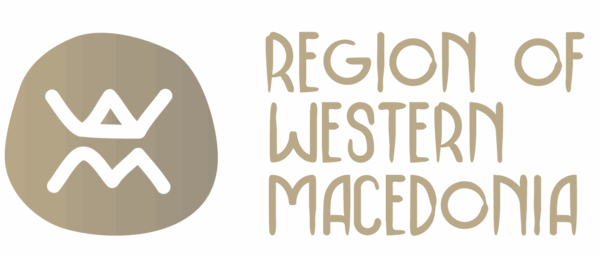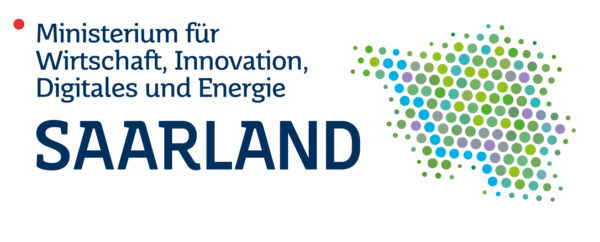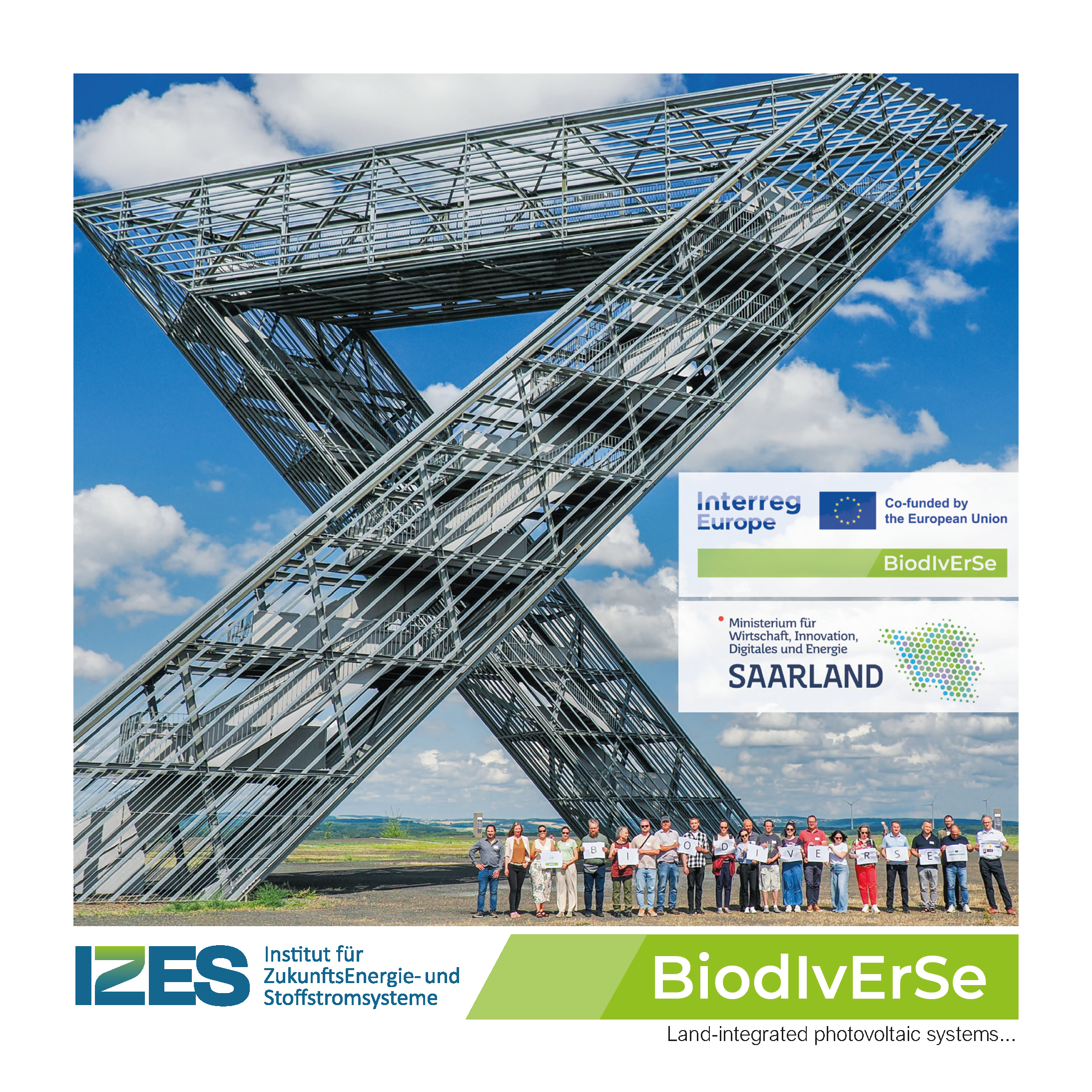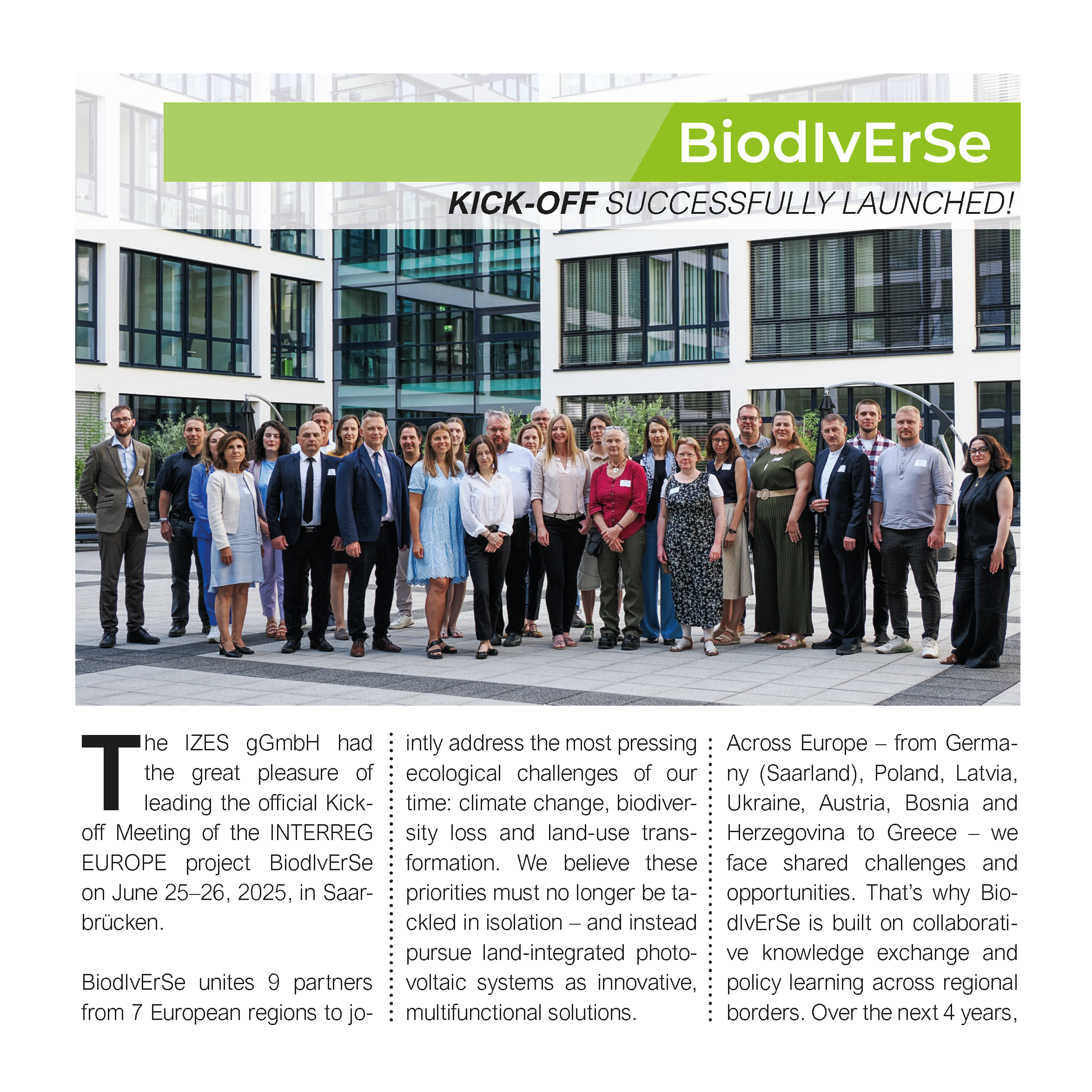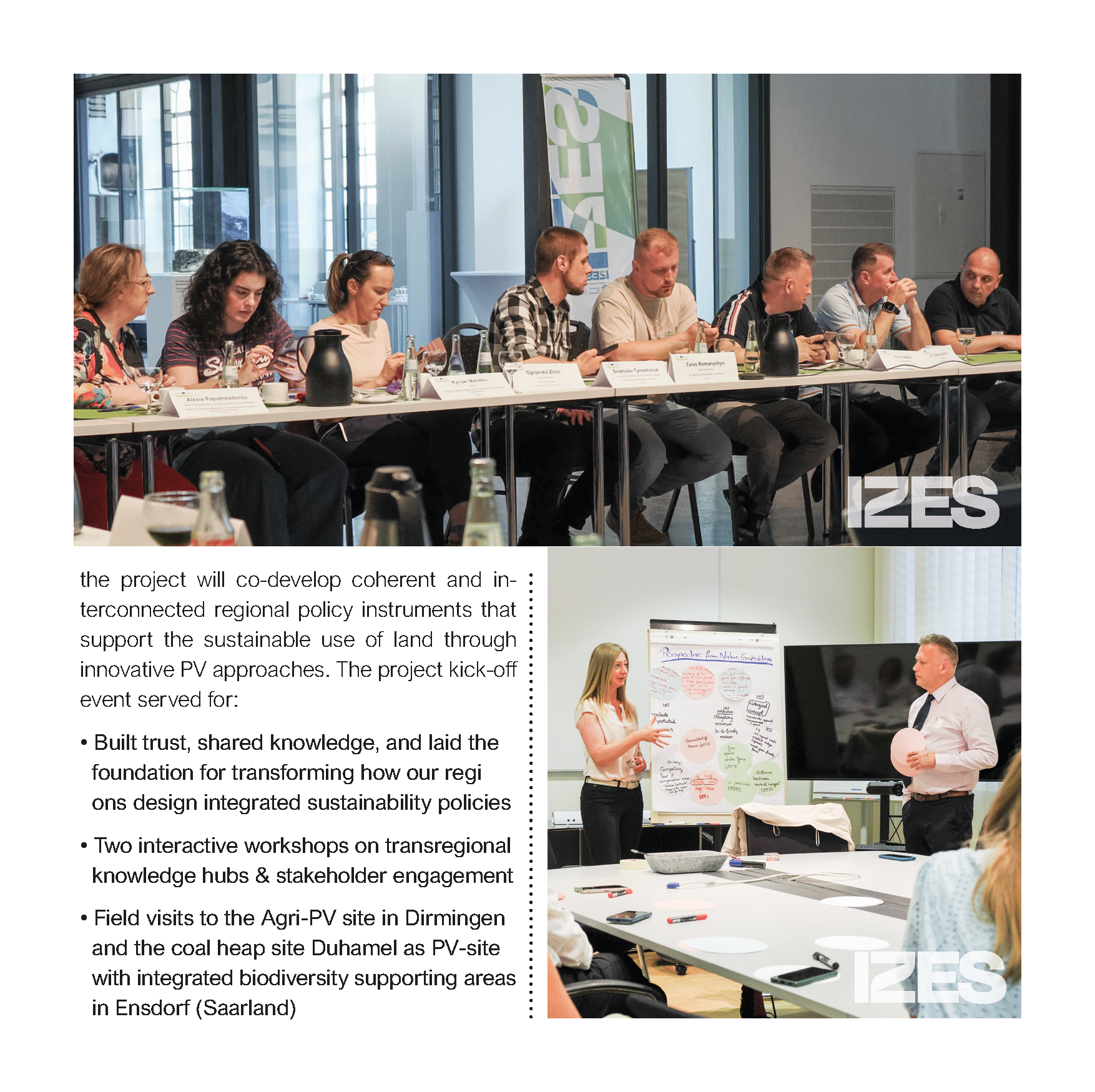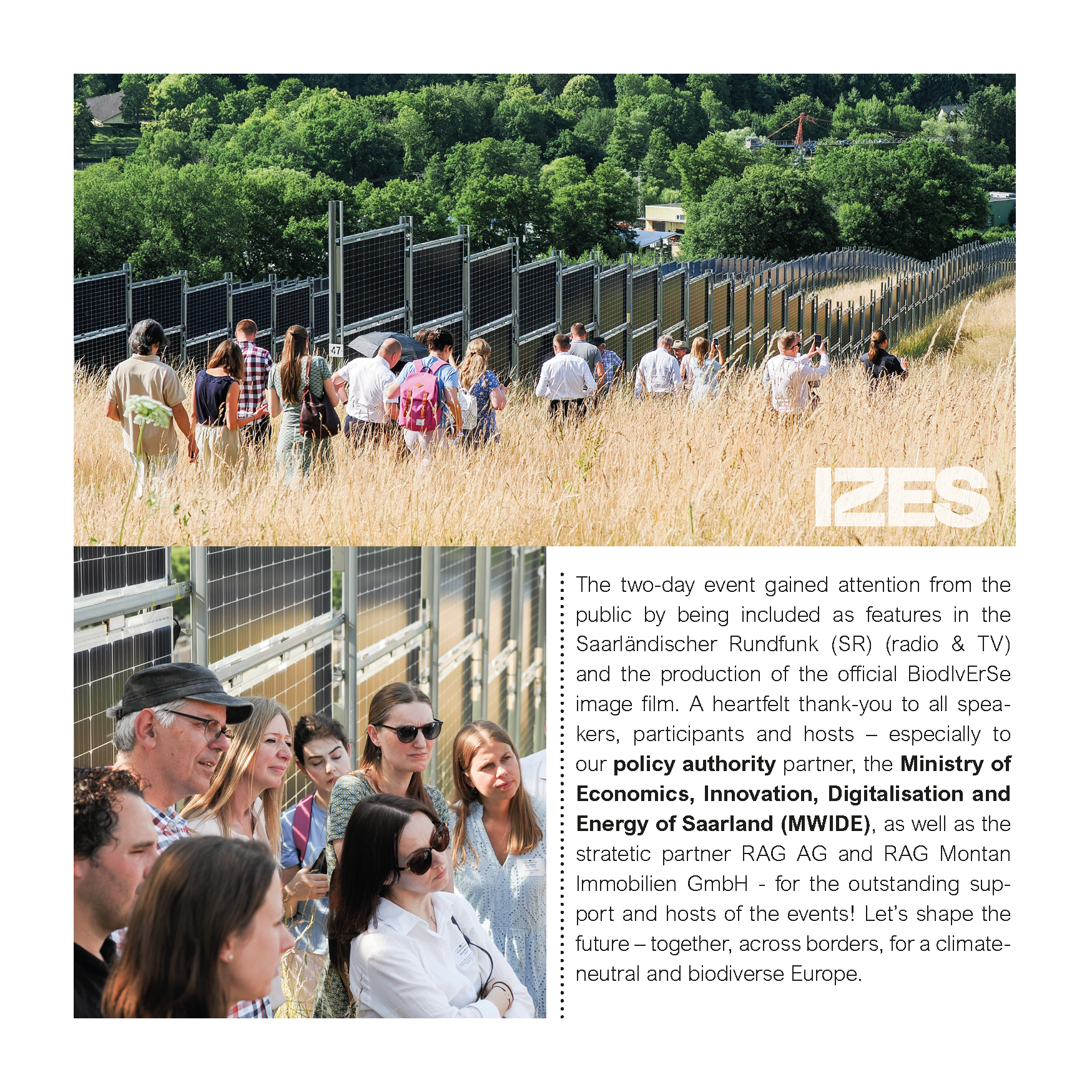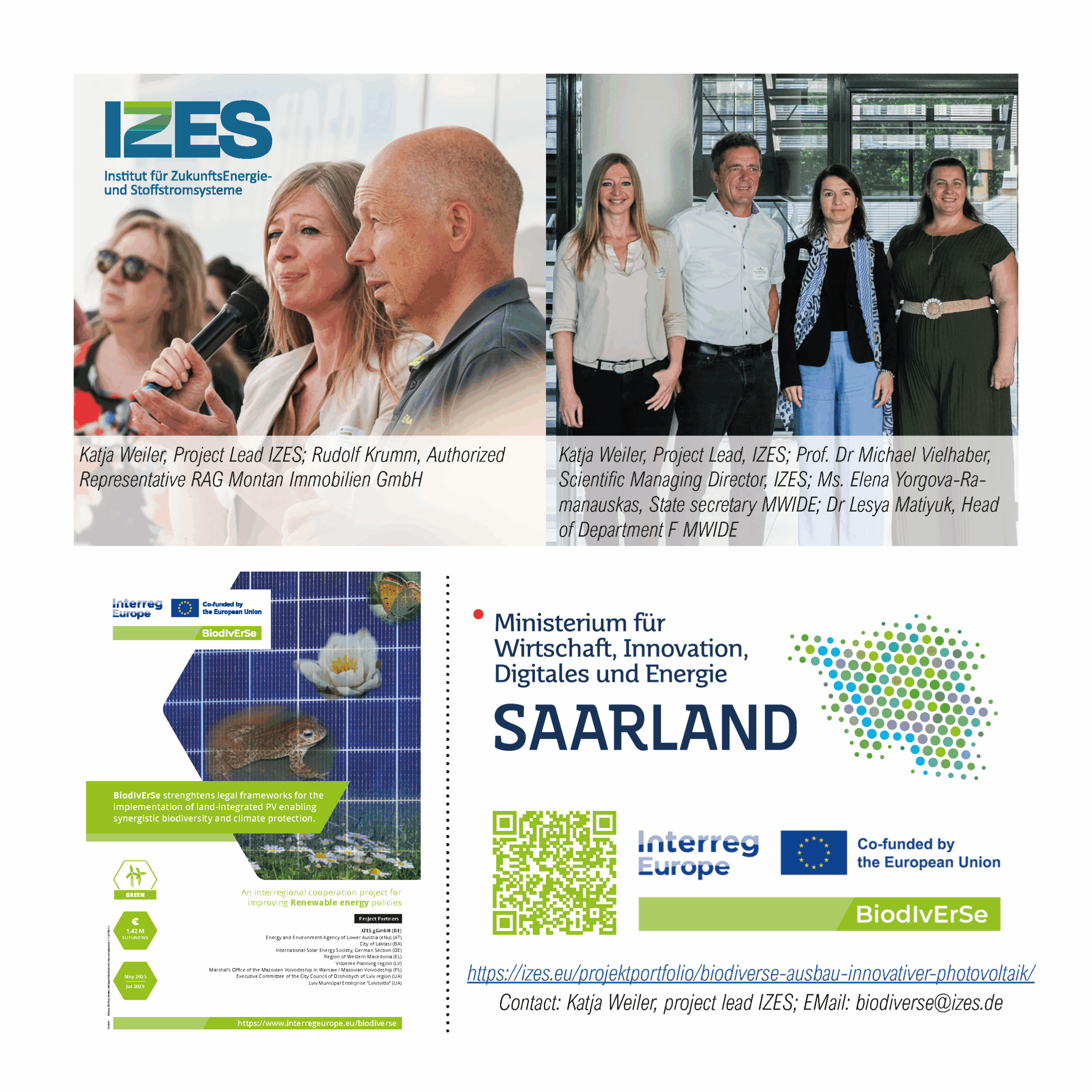Accelerating Multifunctional Innovative Photovoltaic Energy Systems through Biodiversity Sensitive Assessment (BiodIvErSe)
The four-year INTERREG EUROPE project BiodivErSe addresses two of the most pressing ecological challenges of our time: the accelerating loss of biodiversity and the climate crisis. Its aim is to move beyond treating these two priorities in isolation by developing coherent and integrated legal and governance instruments – with a particular focus on the application context of innovative, multifunctional photovoltaic systems (I-PV).
I-PV refers to solar technologies deployed on peatlands, agricultural land, water bodies, nature conservation areas, and reclaimed sites. Such multifunctional land use not only contributes to climate-neutral energy generation but also has the potential to enhance biodiversity and climate resilience – provided that it is implemented in a legally sound, environmentally compatible, and socially accepted manner.
In collaboration with relevant ministries and planning authorities in seven European regions – Saarland (Germany), Vidzeme (Latvia), Mazovia (Poland), Lower Austria (Austria), Western Macedonia (Greece), as well as in the EU candidate countries Bosnia and Herzegovina (Laktaši) and Ukraine (Lviv region) – BiodIvErSe is developing legally robust, practice-oriented and forward-looking instruments for the assessment, planning, and authorisation of land-integrated solar energy systems.
With the EU Solar Strategy (2022), the expansion of I-PV has been recognised as a strategic priority for the energy transition. Quantitative targets in nature conservation law, such as those aimed at habitat restoration or the safeguarding of minimum ecological quality standards, offer new pathways for ensuring that the deployment of renewable energy is both legally secure and environmentally sustainable.
BiodivErSe aims to improve the decision-making basis for authorities and to test new assessment methods – sound, practicable and compliant with EU law. Biodiversity is not understood as a constraint, but rather as an integrative design principle for a resilient and land-efficient energy transition.
Project Objective:
The aim of BiodivErSe is to develop concrete policy recommendations and practical tools over the course of the project that enable the equally weighted and low-conflict integration of climate protection and biodiversity conservation – with a particular focus on innovative, land-integrated photovoltaic systems (I-PV).
Nine partner institutions from Germany, Latvia, Poland, Greece, Ukraine, Austria, and Bosnia and Herzegovina, as well as two associated policy authorities from Germany and Austria, are working together to address existing knowledge gaps. The focus lies on the development of legally robust criteria for regional potential analyses and permitting procedures, alongside strategic planning and implementation methods.
A central goal of the project is the (further) development of six regional policy instruments to accelerate the environmentally sound rollout of innovation-based PV systems. To this end, scientific, planning, and legal expertise is pooled across borders.
In Saarland (Germany), the Ministry for Economic Affairs, Industry, Digitalization and Energy is revising the existing solar strategy in collaboration with the research institute IZES gGmbH. This process exemplifies the close integration of research, practice, and policymaking, which is a core principle of the BiodivErSe project.
The working and learning process within BiodivErSe is structured into three interlinked phases:
- Joint knowledge generation
- Knowledge deepening and transfer
- Adaptation and further development of policy instruments
To assess the effectiveness of the approaches and policy measures developed, the project consortium – together with regional partners – designs indicator-based evaluation criteria, which are tailored to regional specificities. These indicators are continuously reviewed and refined through participatory formats in the respective partner regions.
A systematic monitoring of the impact of the adapted policy instruments will be carried out in the fourth year of the project
Project Partners:
Associated authorities
Project Website:
https://www.interregeurope.eu/biodiverse
Project Funding:
Co-financing by Ministry of Economics, Innovation, Digitalisation and Energy Saarland; Unit F/1 Energy policy and Energy transition
Project Duration:
05/2025 bis 07/2029
Contact:
Katja Weiler (biodiverse@izes.de)
Department:
Material Flow Management

